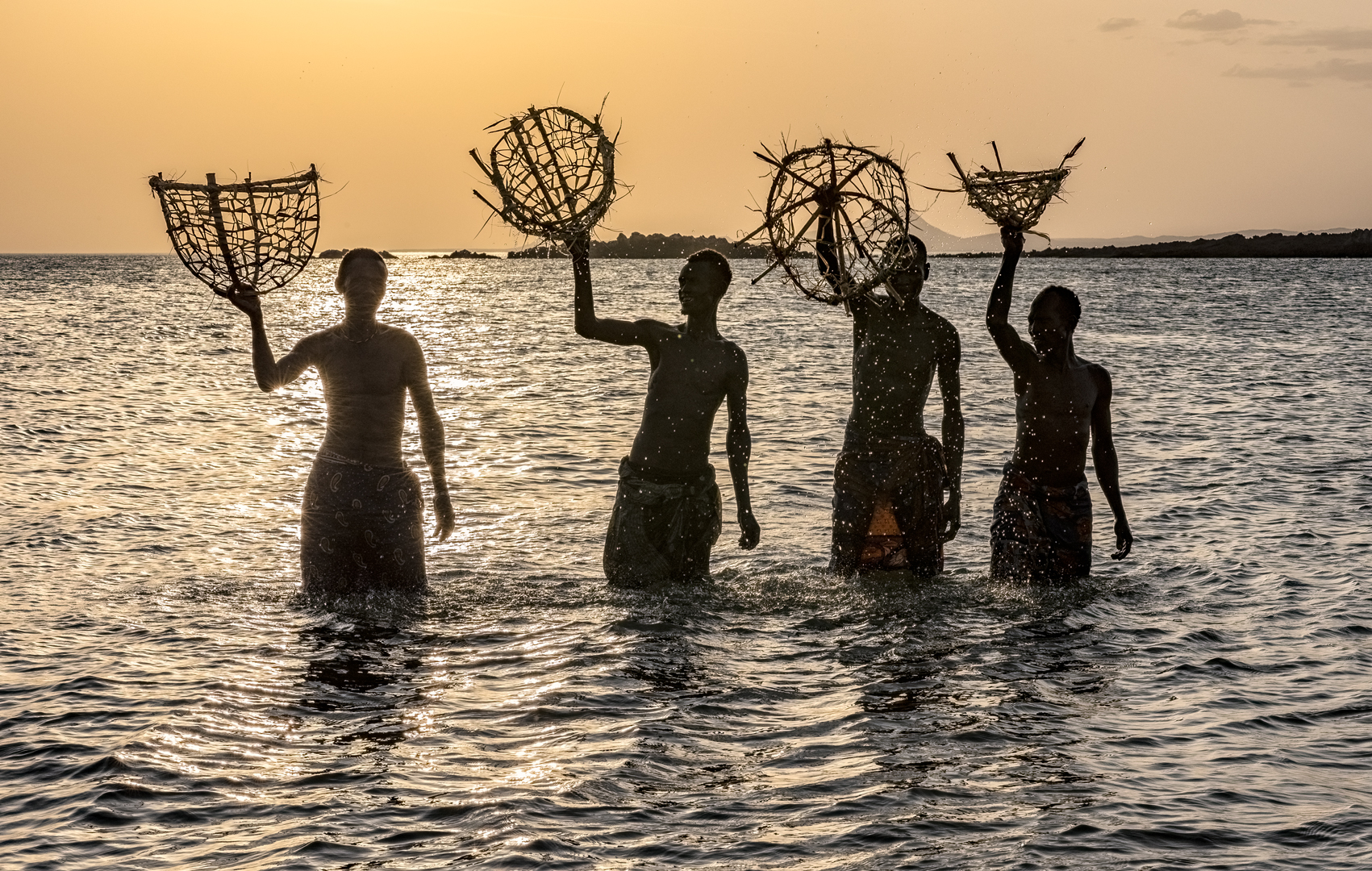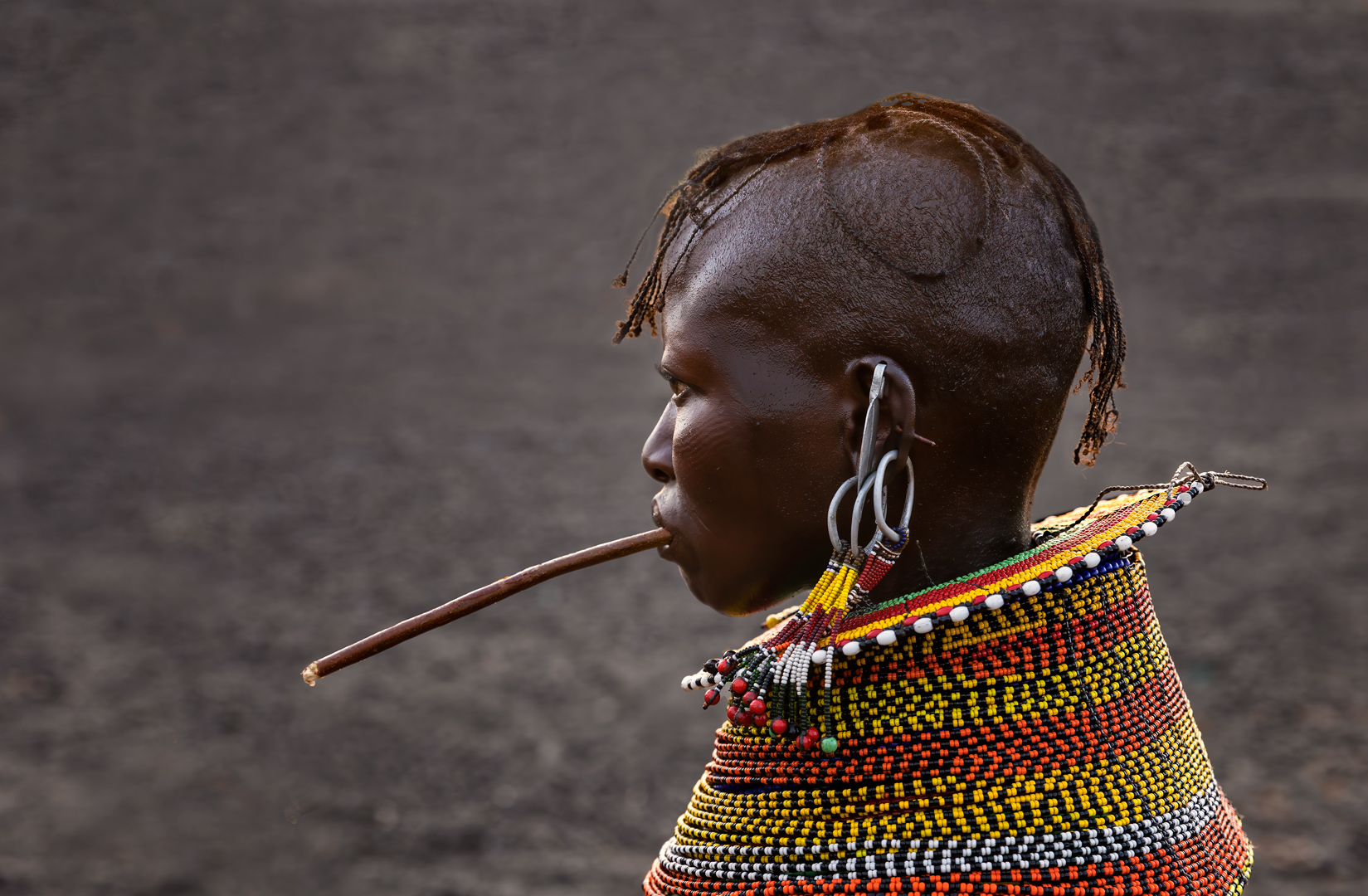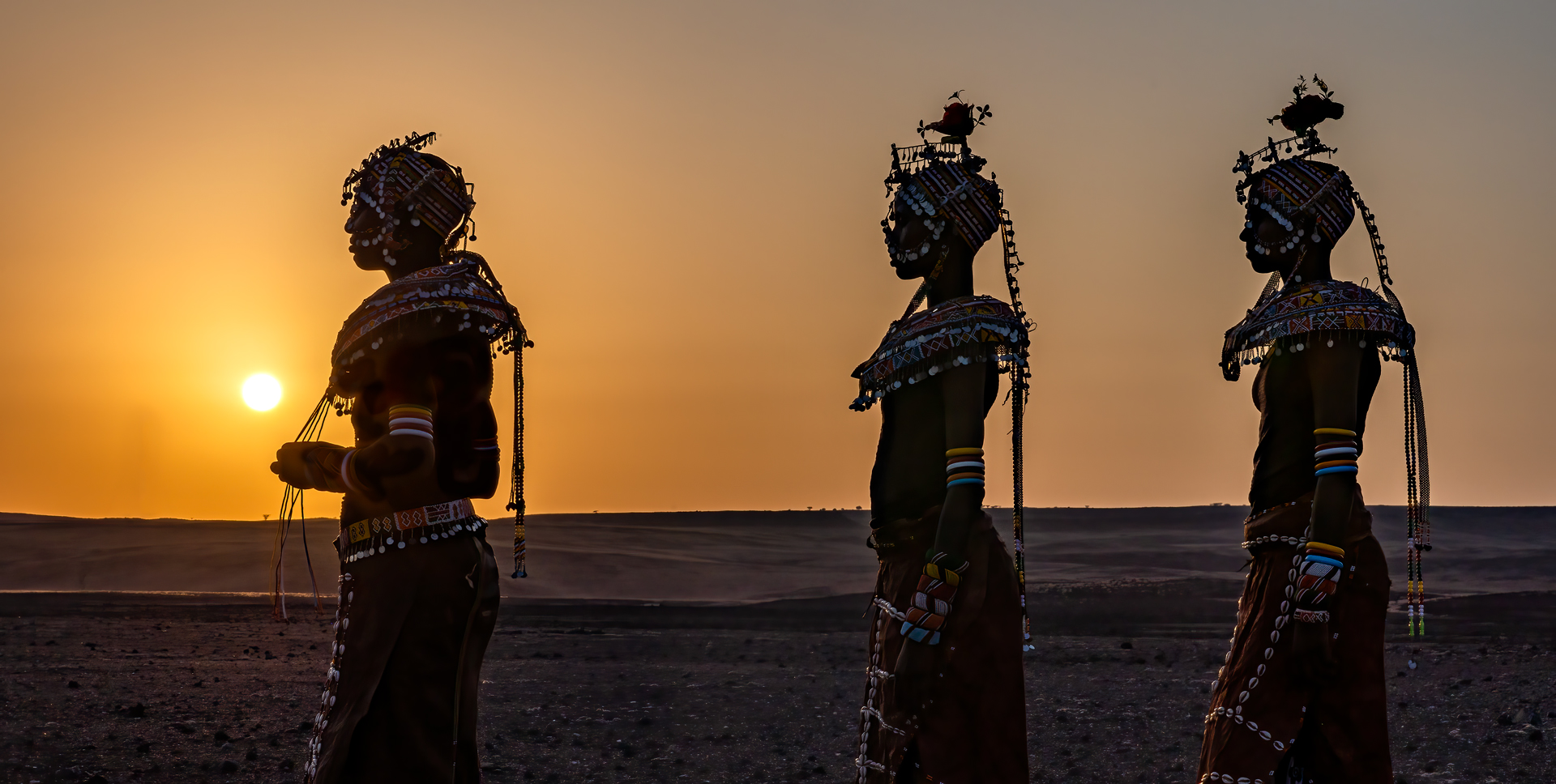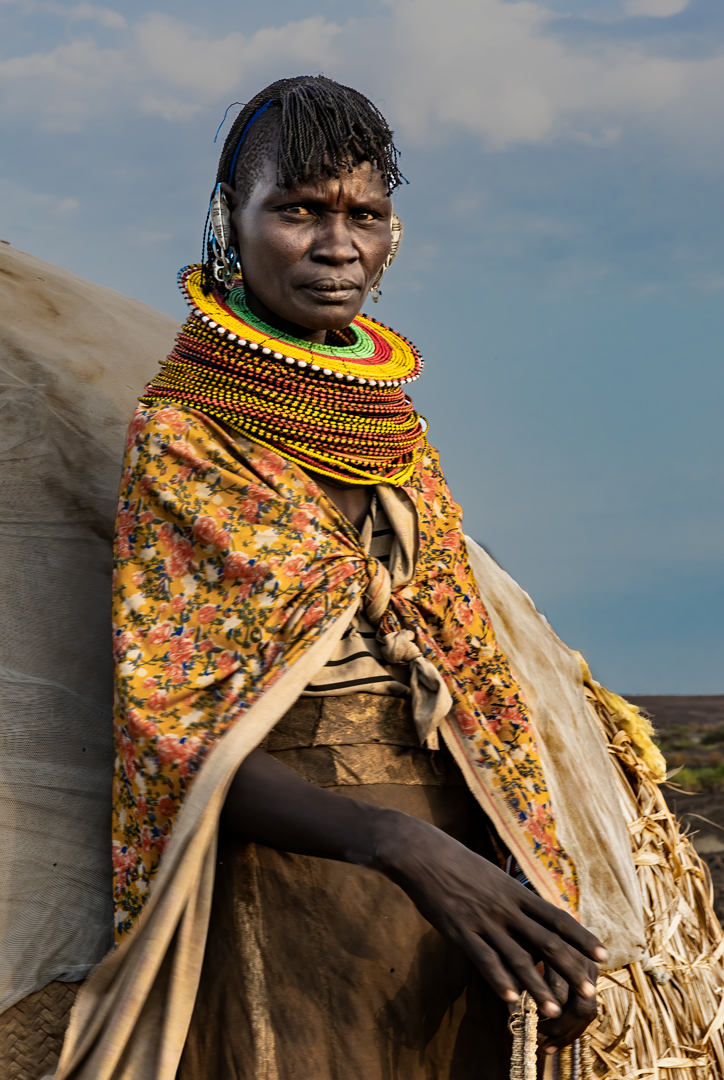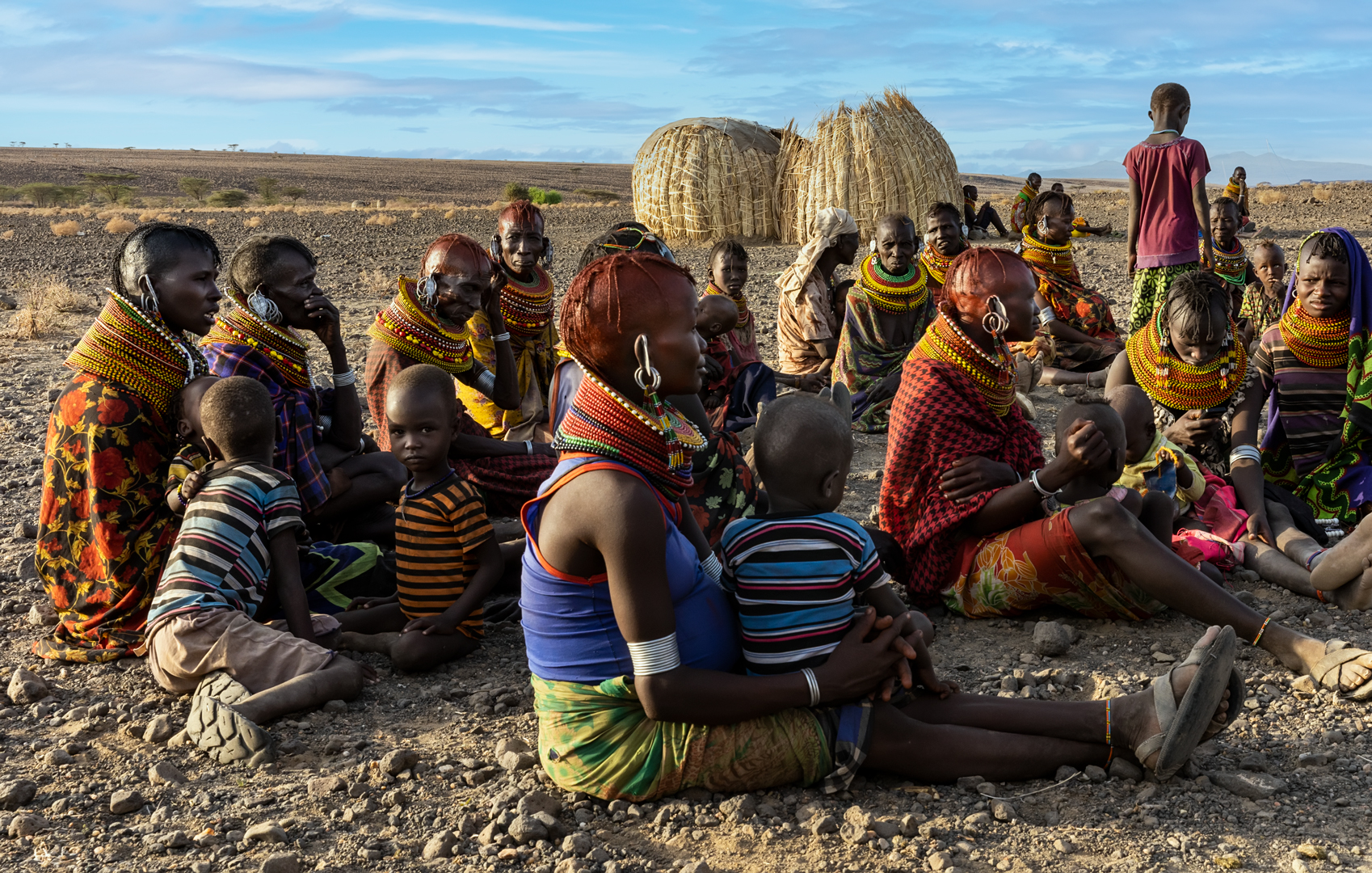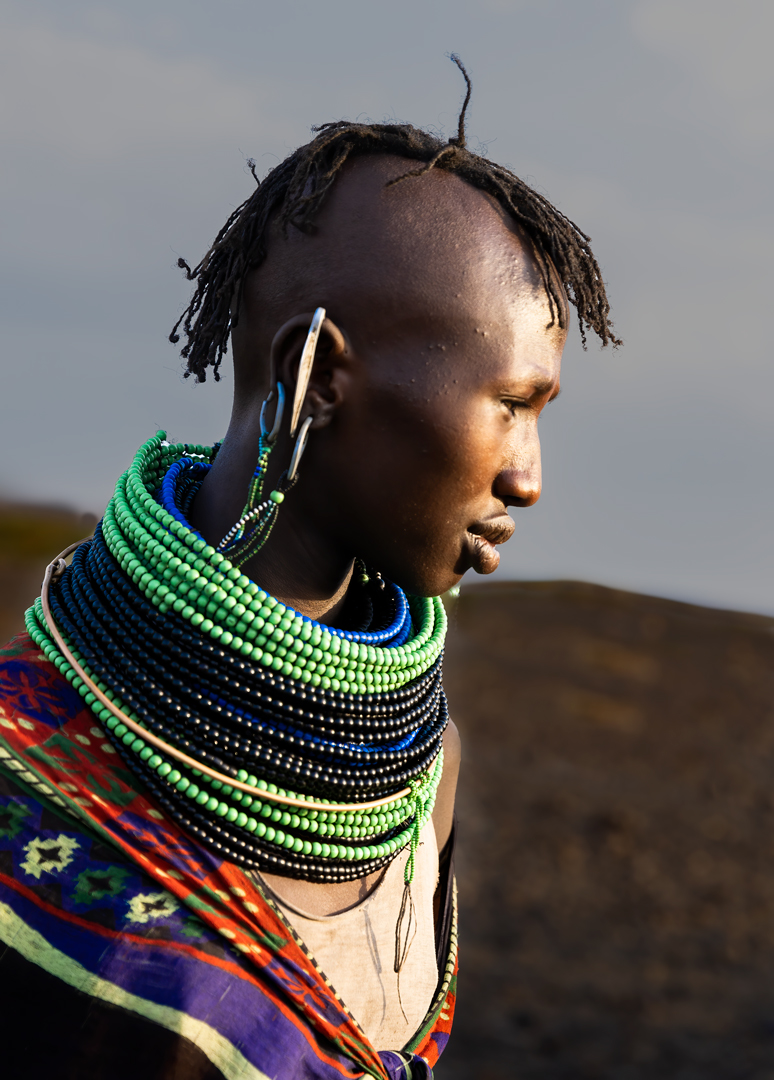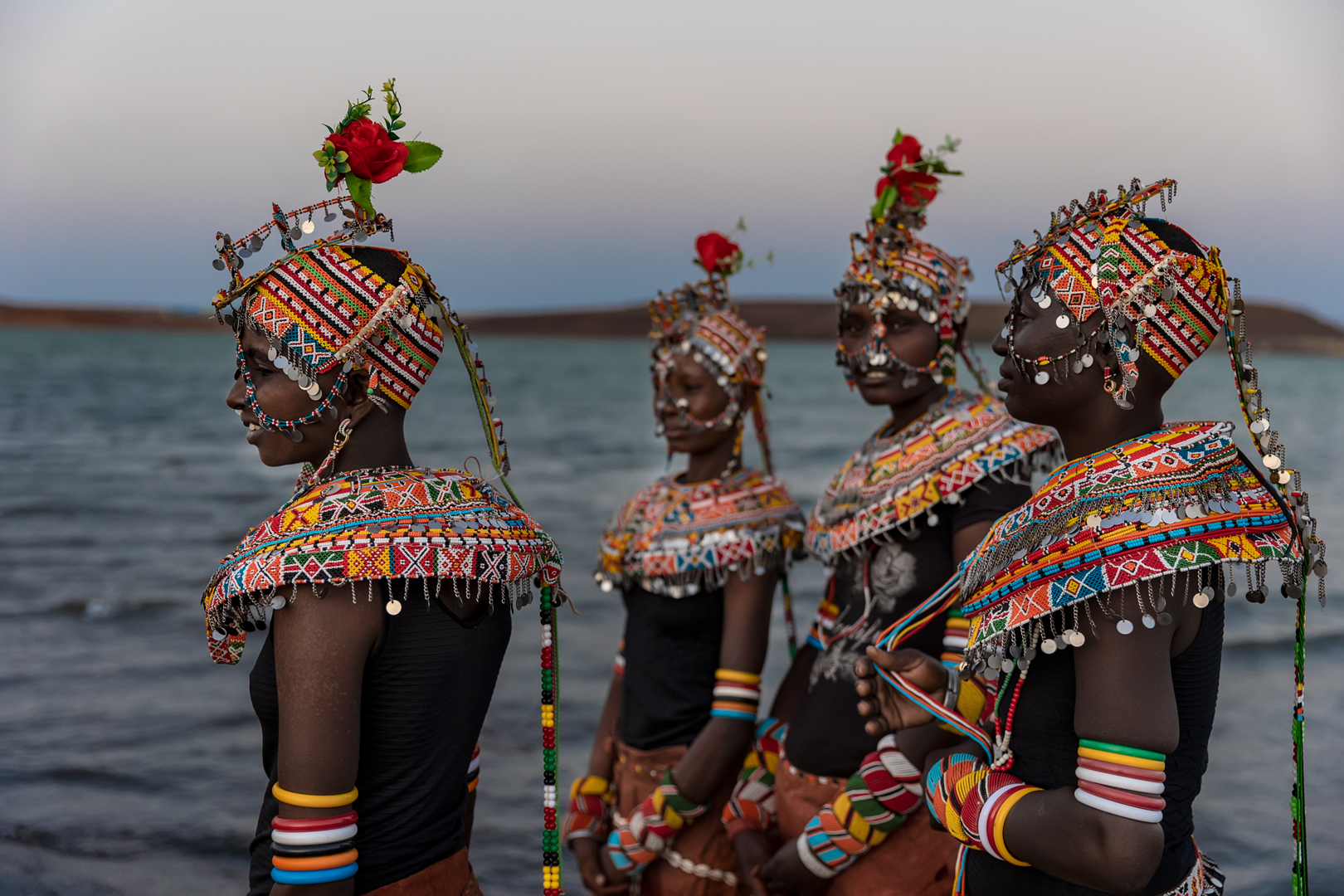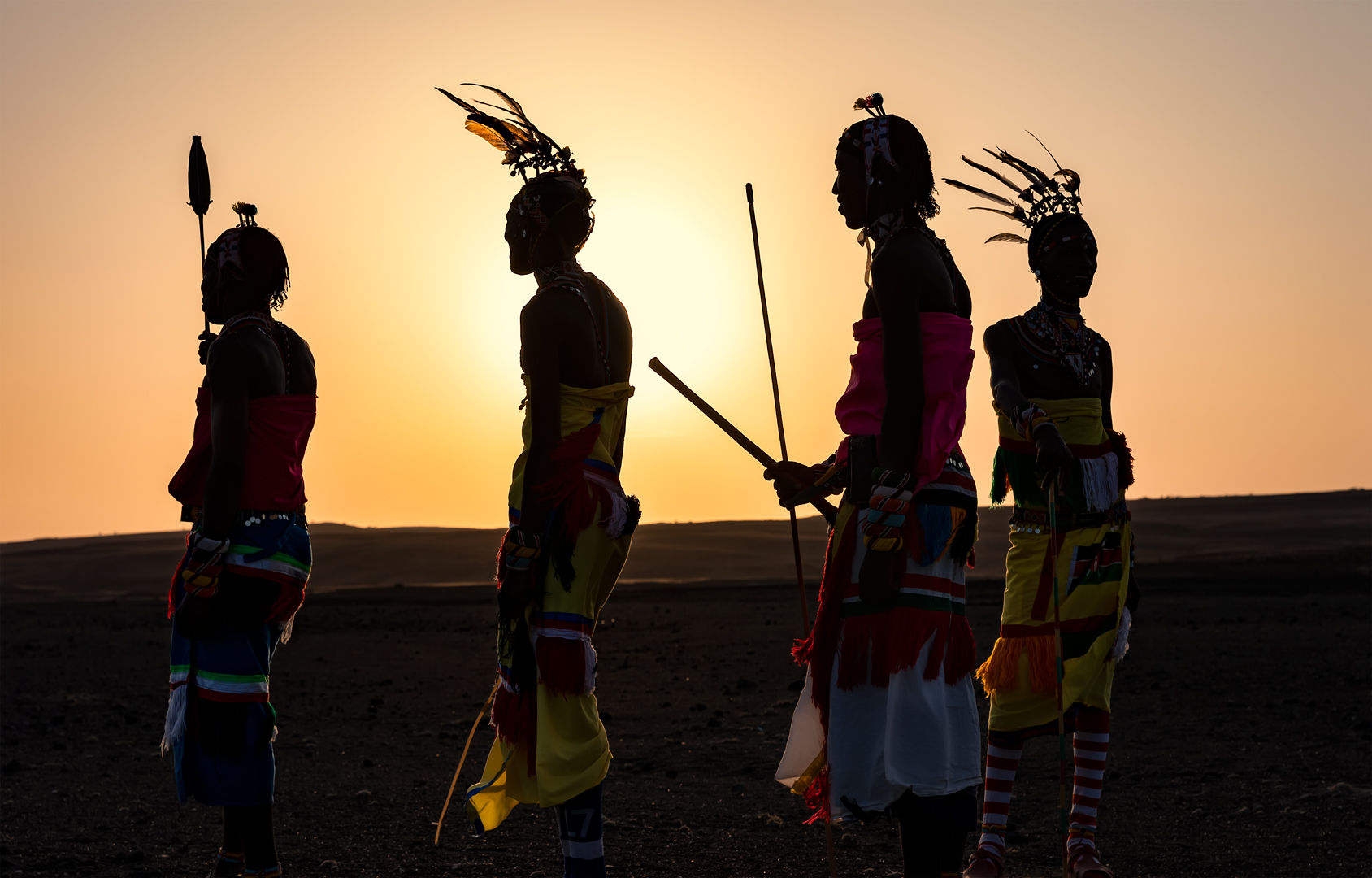Africa 2022
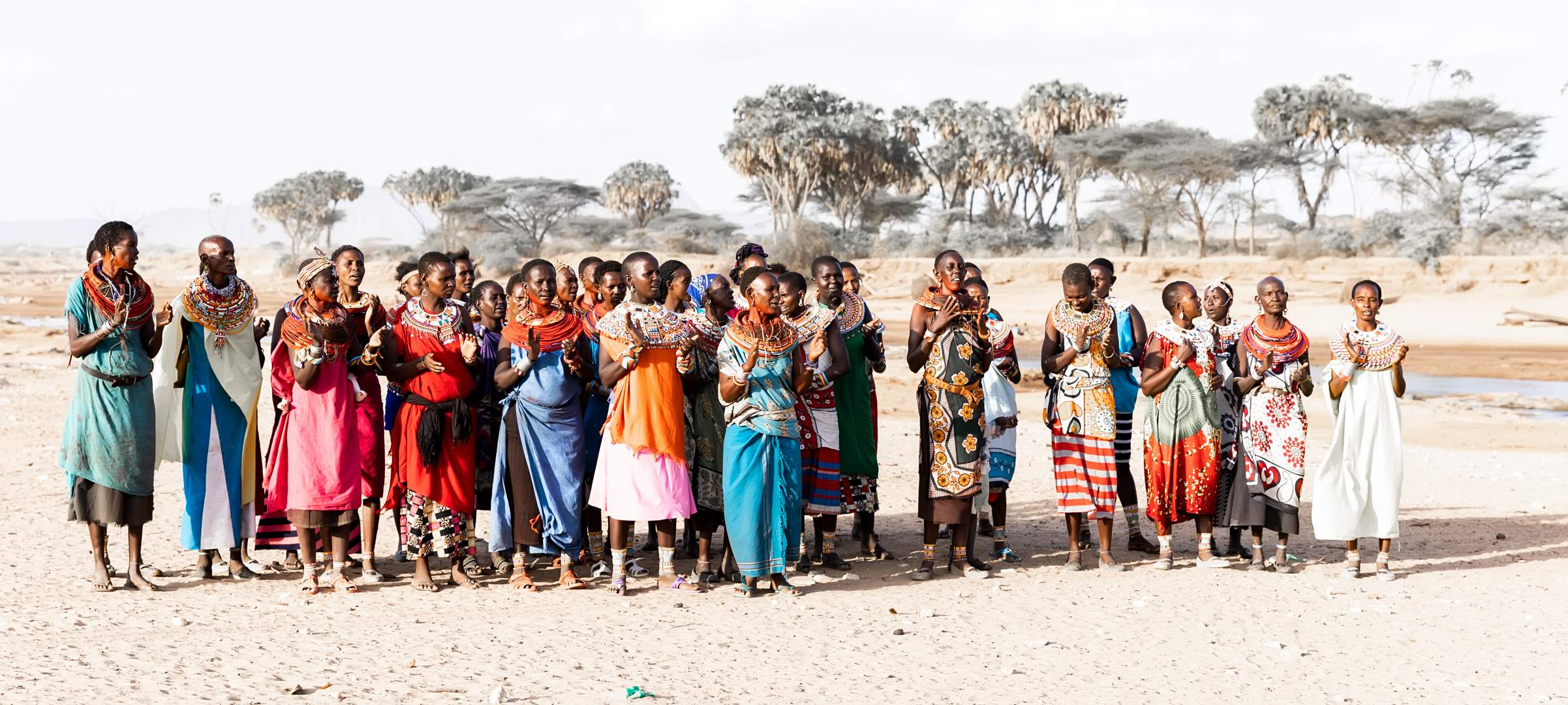
A Samburu Welcome
We departed from Nairobi North on private plane and flew 2 1/2 hours to the Samburu Village. As we arrived in Samburu, these incredible women welcomed us with open arms.
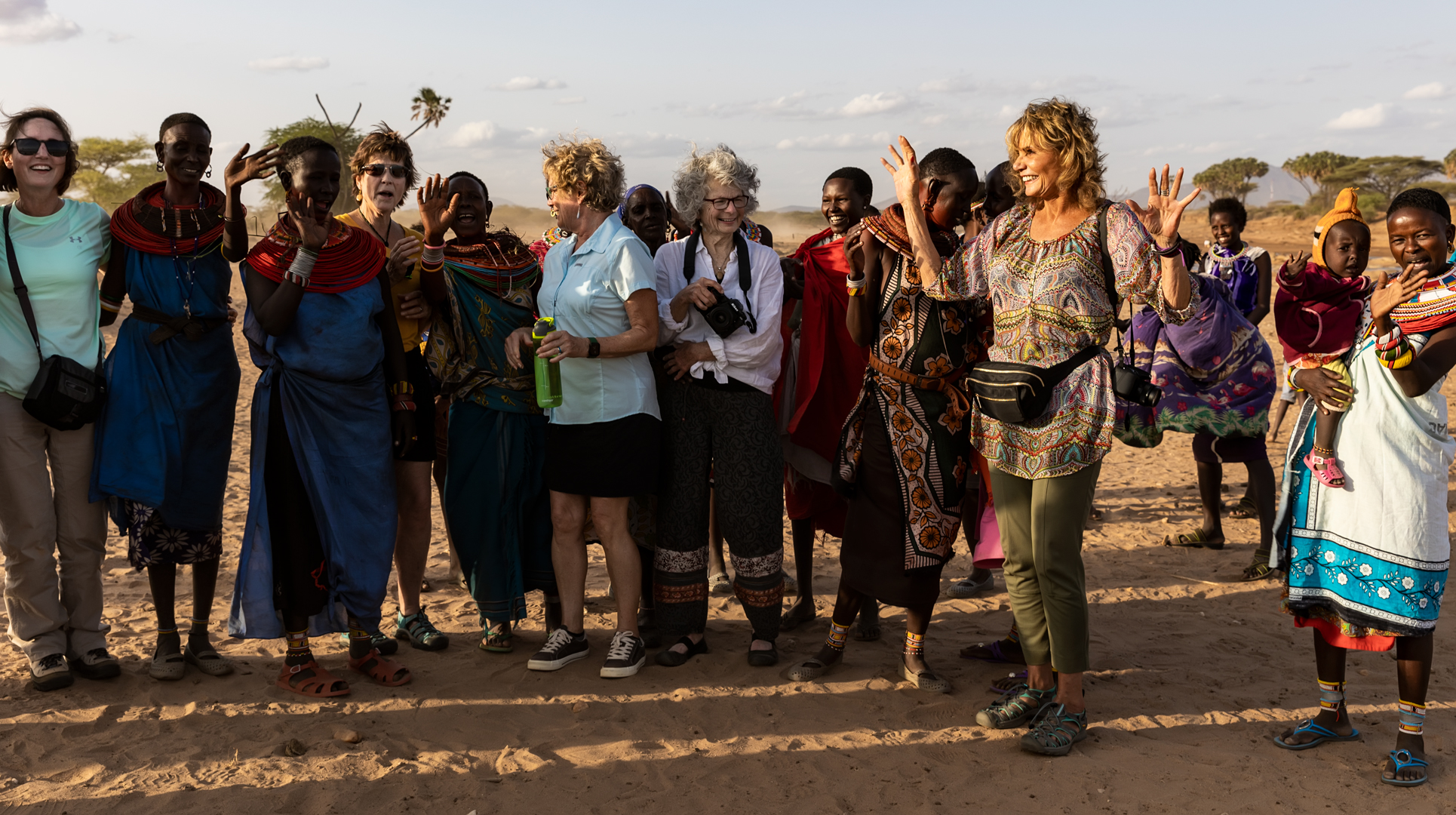
The joy and energy of their welcome were contagious, their smiles and happiness made us so happy and connected.
This two week journey through Kenya allowed me to meet with each tribe and interview the women. I asked permission from the Safari Tour Guide to meet separately with the open for a brief visit. I was encouraged to bring beads to thank them for spending some time with me describing their lives and some of their customs. I was so grateful for these moments and treasure the exchange that we had. A few spoke some English and I had a translator for each tribe. They were open, kind, and resilient beyond anything I’ve experienced. Their lives are tough and rugged yet they remain positive and their focus on children and family is what sustains them.
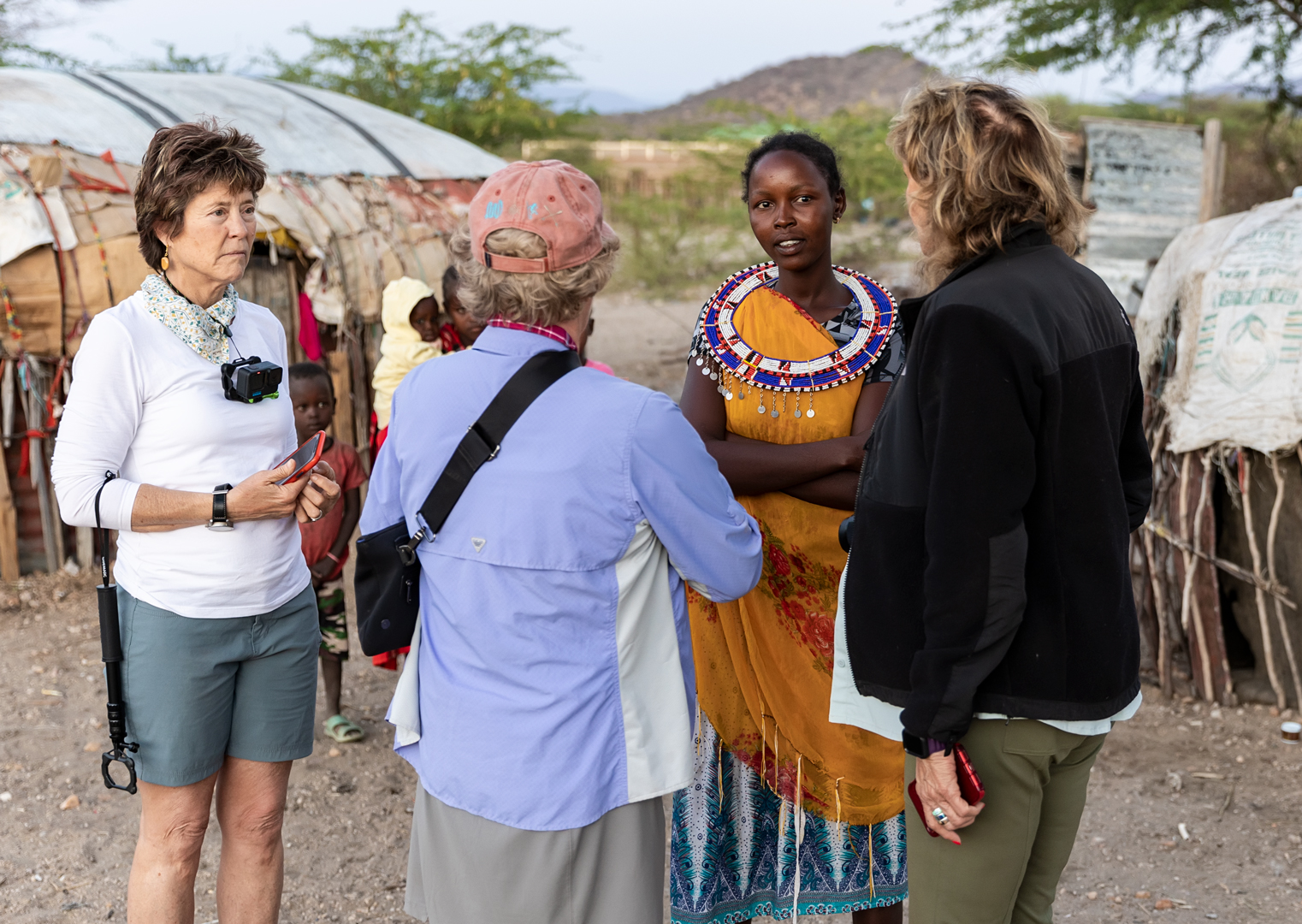
The men have several wives each with children; each live in their separate huts. The women are responsible for building houses made from materials of wood, reed, plastic, and basically anything that they can find. The huts are round and small without plumbing or lighting. Some have tiny solar lights for the evening. They cook, sleep and share their day with each other. The women share husbands with other women, yet they remain kind and sisterly to each other.
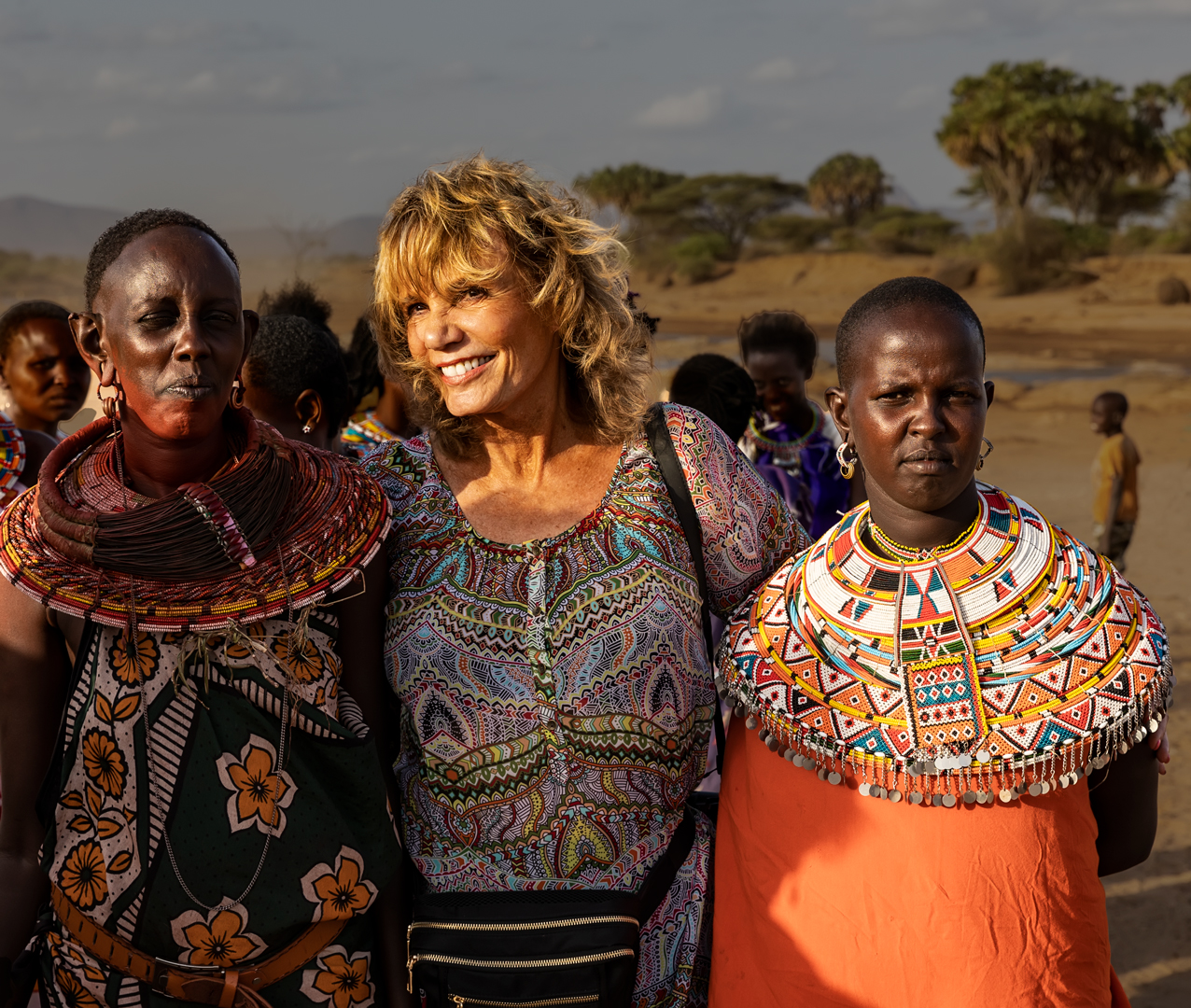
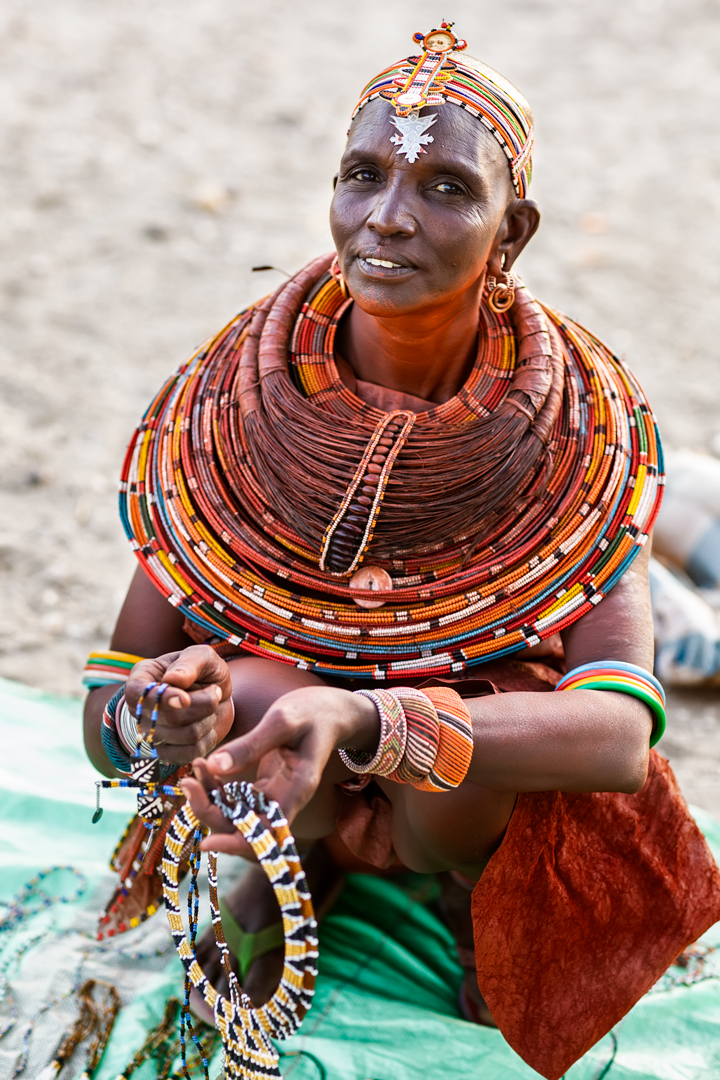
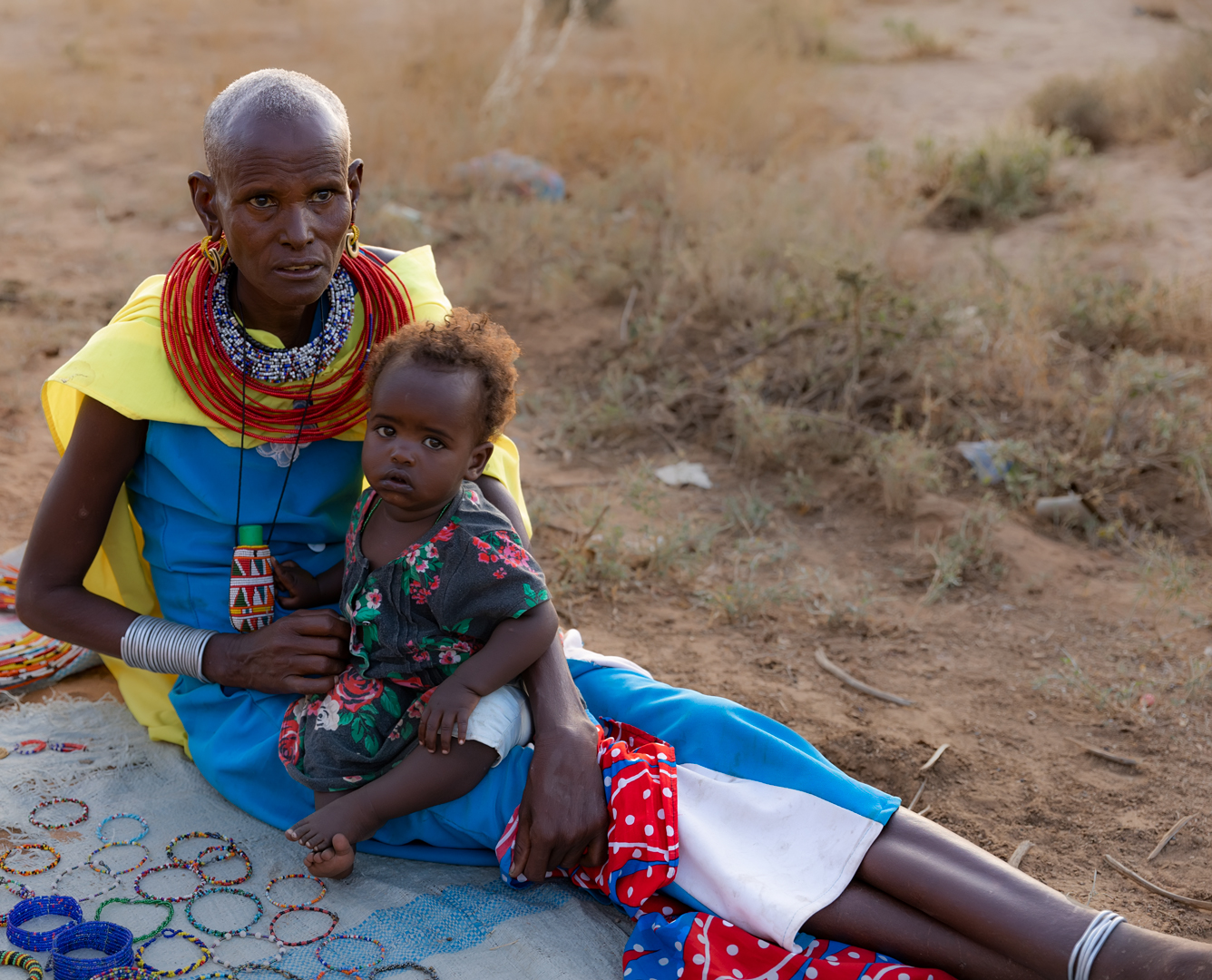
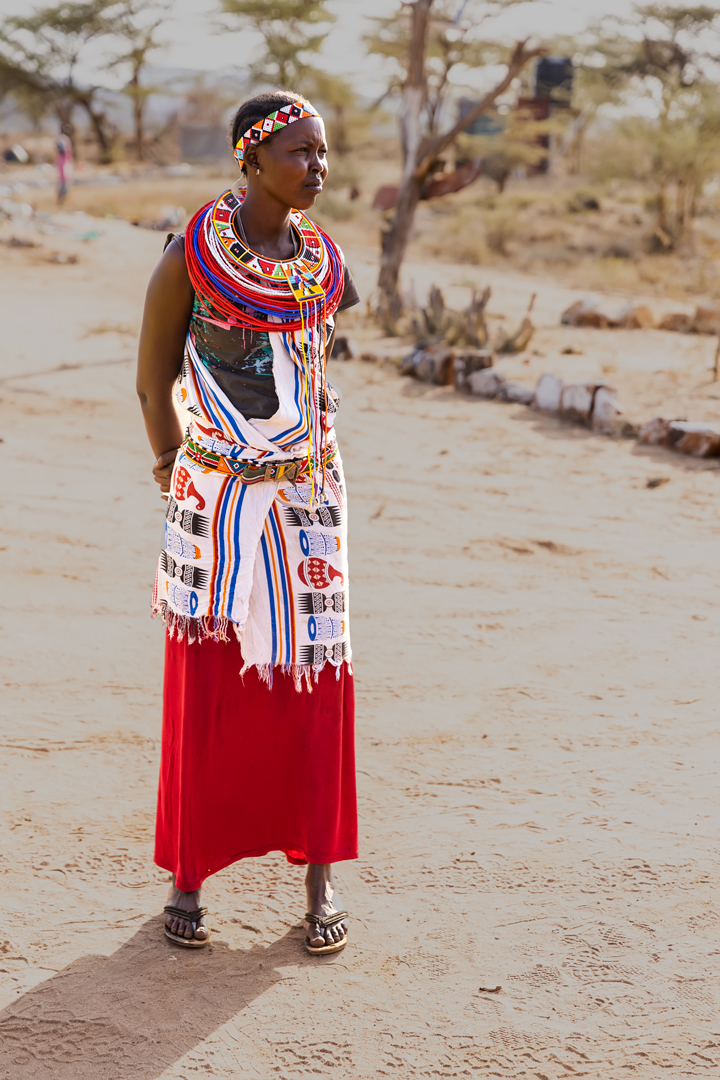
Most of the tribes are nomadic and have to move where there is grass for their livestock, so their homes are more portable than stationary. When I was there in June, it was the start of their winter, and they were suffering an extreme drought from global warming. They raise cattle, and goats as their livestock for currency in order to buy food for their families and their livestock. Their diets consist mainly of grains and maze, rarely meat and they usually only eat one meal a day. Most are very slim due to diet and walking everywhere they go. They don’t have computers or lights and very few have smartphones. Their form of entertainment is dance and singing as well as community storytelling and overall sharing with others. We can learn much from them as they talk and work with each other.
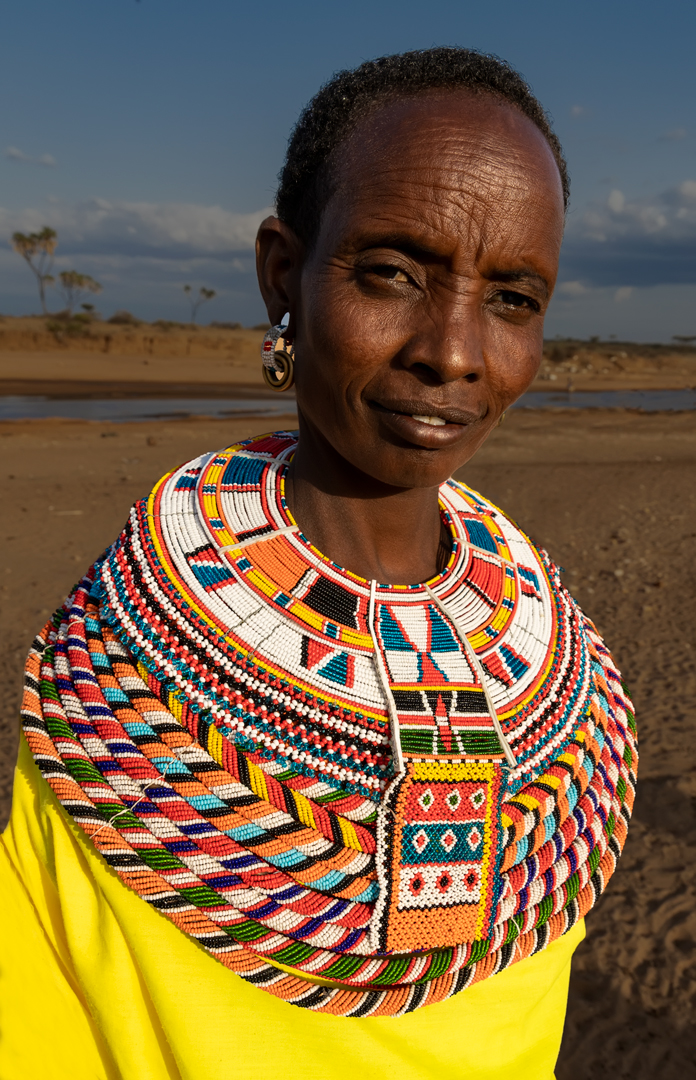
Women are also responsible for raising children, their education, cooking, cleaning, and basically doing all the chores. The men are responsible for shepherding, hunting (very little), and selling livestock to support their families and children’s schooling. They also make beautiful beadwork that they wear and sell to markets also to raise money for their children. Schooling is expensive for uniforms and supplies and there are fees for school.
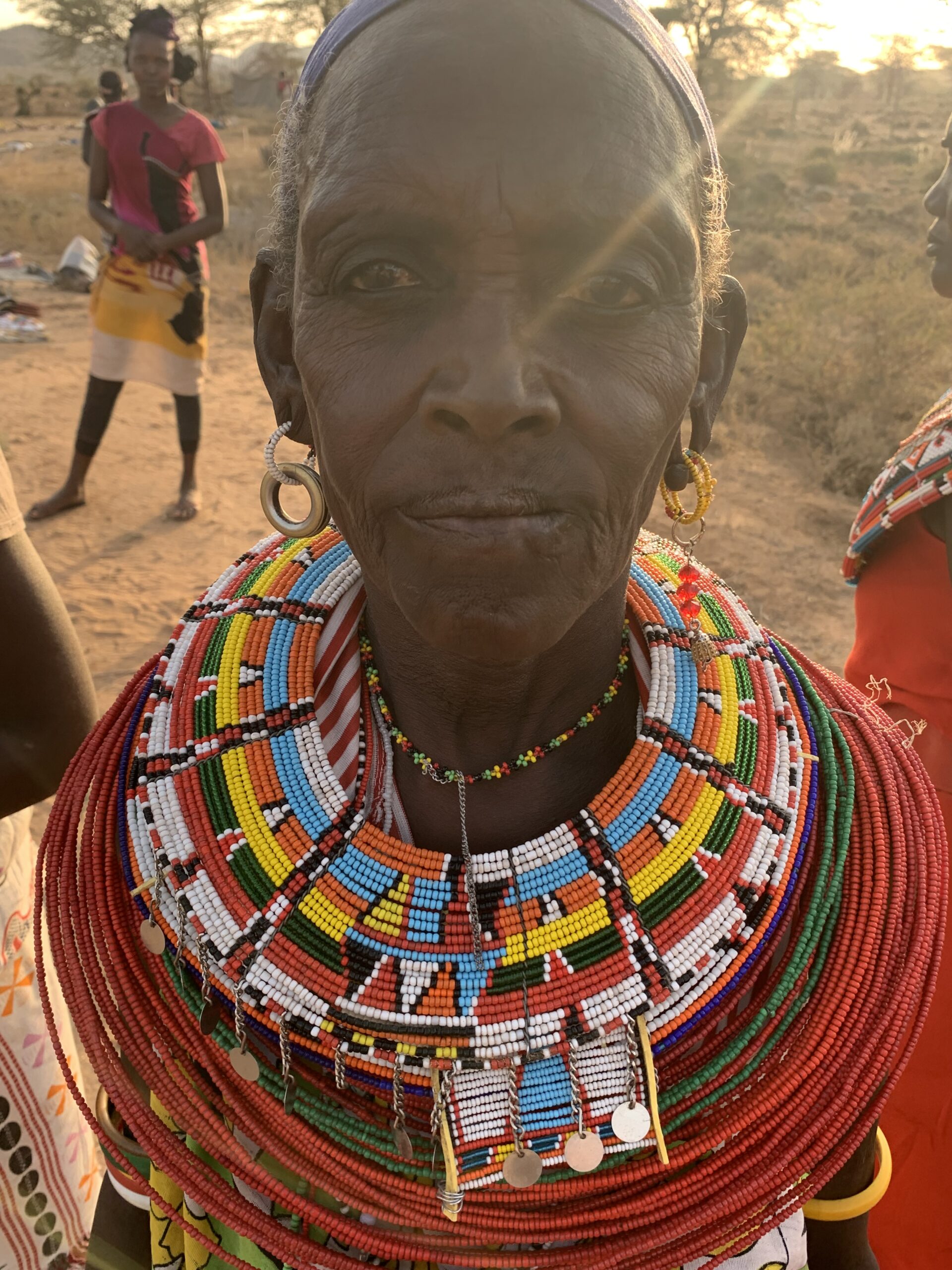
The Masaai Tribe
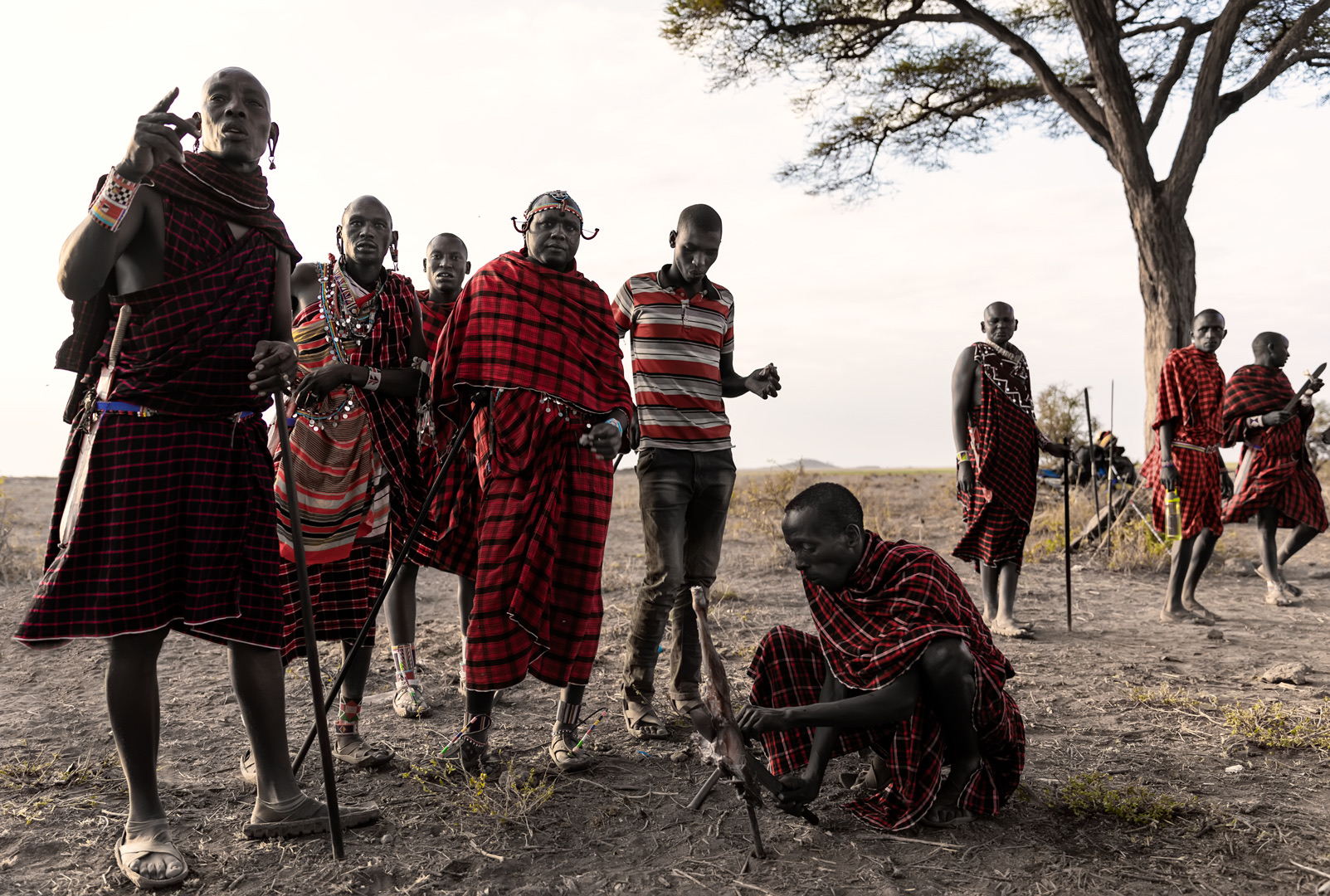
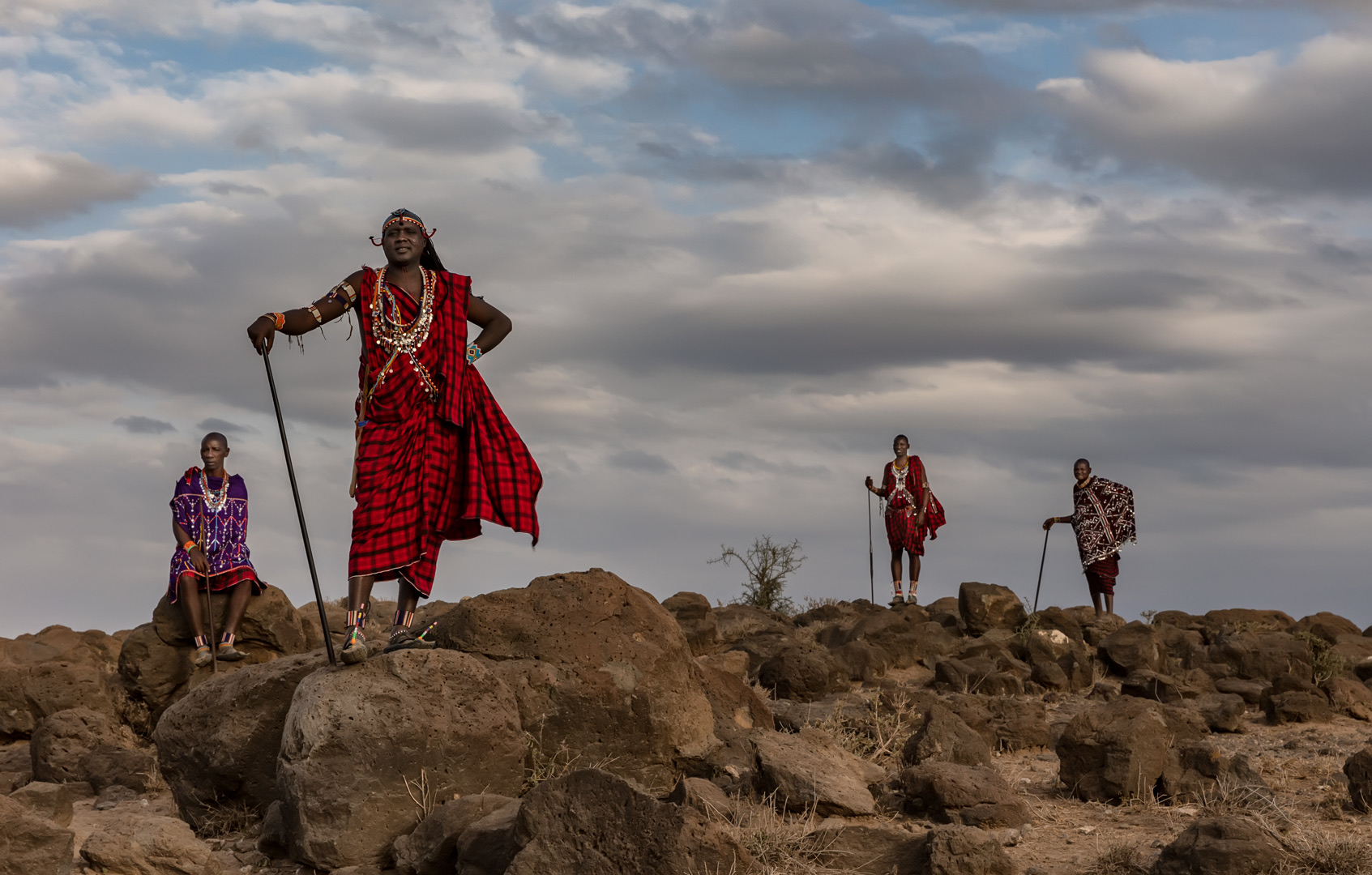
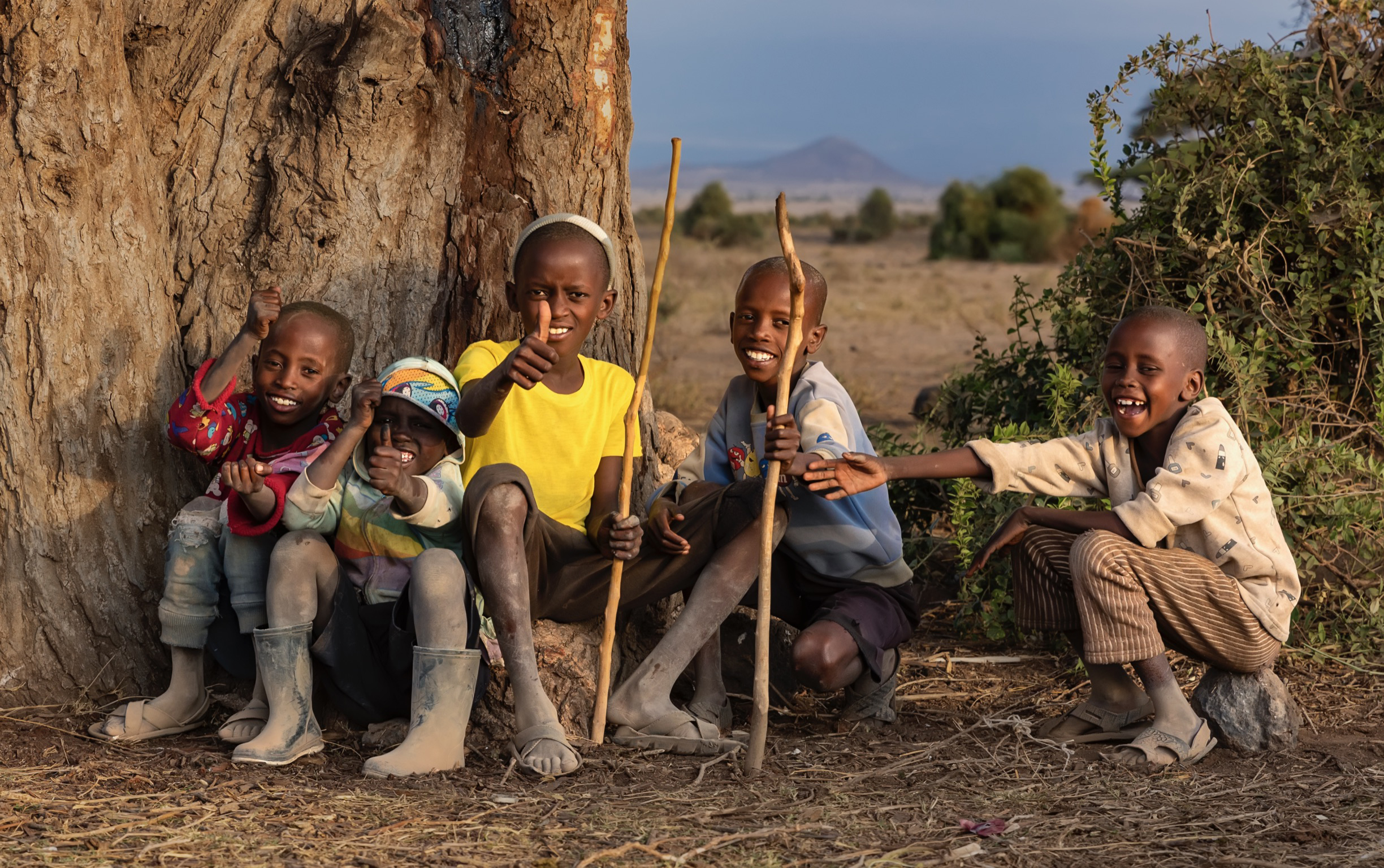
These are the few photographs we have from our visit with the Masaai tribe. Mike, our photographer, dubbed these youngters “the little rascals” and you can see the positive energy beaming from their faces. What charisma and happiness they exude!
Thank you Mike Reardon for capturing so many beautiful memories from our trip!
